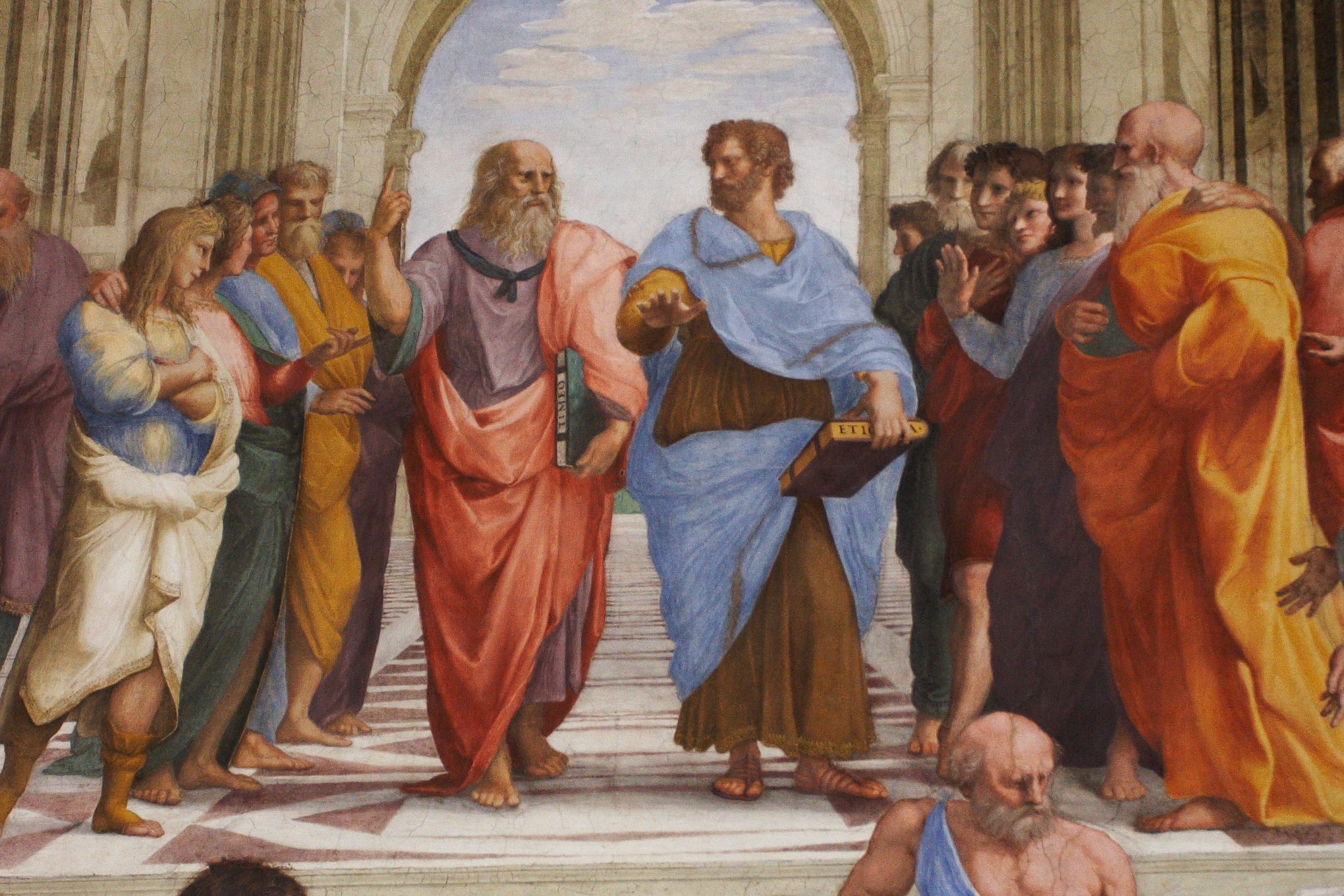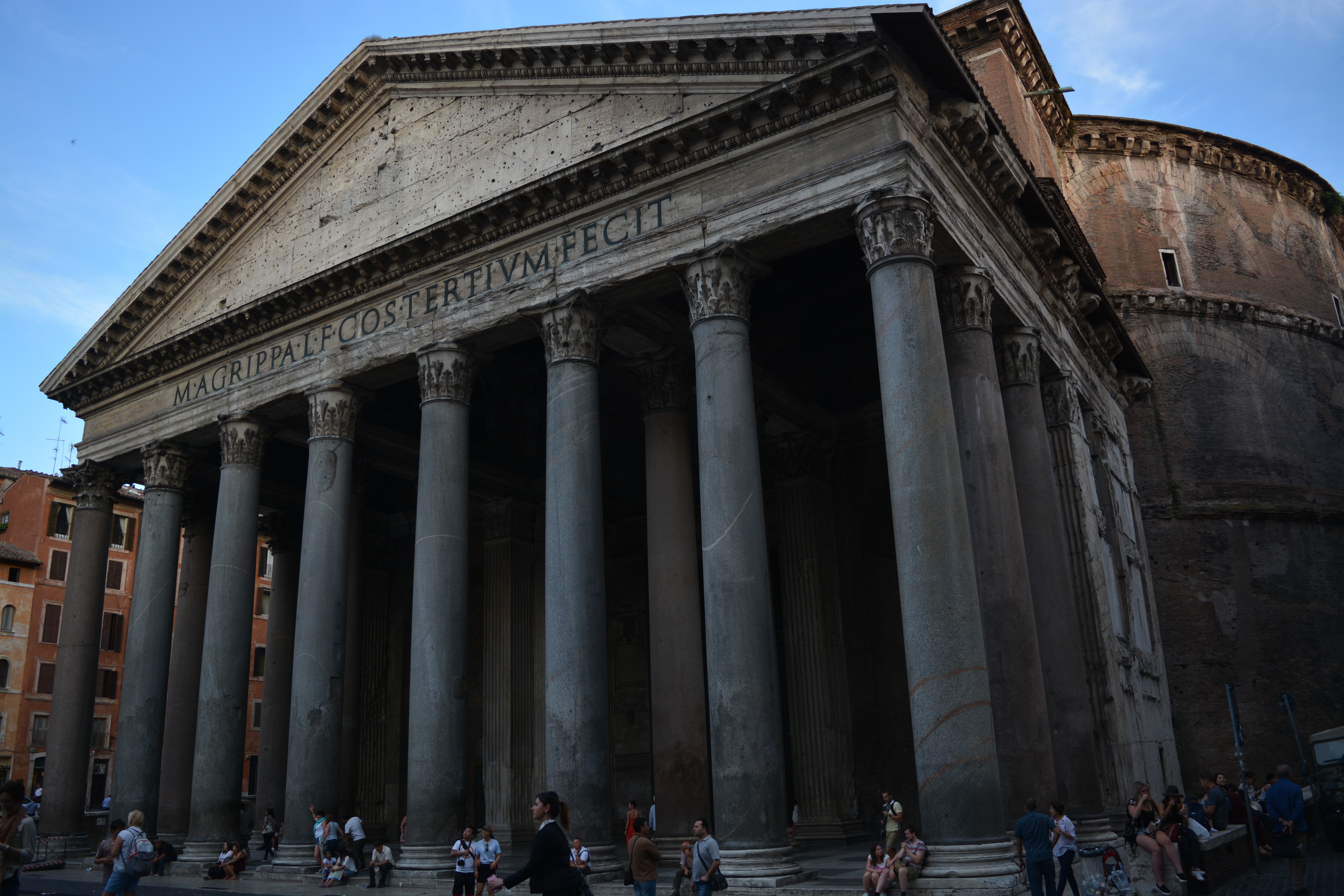In my last post, I set out on the surprisingly complex task of defining Archaeology. To summarize, I concluded that Archaeology is a humanities discipline that uses material remains to study the past and its people so that we might better understand the human experience. And while all that sounds nice to the layperson, often the next question they will ask is, “But we know everything from history books and records so why do you need to spend more time and energy digging things?”
The simplest and most direct answer to this question is no, we don’t know everything from historical records and literature; there is an importance in going to recover and studying material remnants of the past.
At the root of this discussion is a defense of the relevance and necessity of archaeology if not all of the fields in the humanities. For that, we should estblish a quick understanding of what the humanities are. Stanford University’s Humanities Center defines the humanities as “the study of how people process and document the human experience.” I’d argue that the humanities are a bit broader in focus, exploring all aspects of the human experience from as many angles in which it is expressed and recorded.
The importance of such a pursuit is largely philosophical with fairly obvious pragmatic benefits. The humanities are our scholarly quest to “know thyself” (or “ourselves” more aptly), a maxim we have inherited from our ancient Greek forebears and a theme hounded upon by the likes of Socrates and Plato. By exploring our human nature, learning who we are, how we feel, act & react, what our needs are, etc., we can begin to create more efficient systems for organizing ourselves, better meeting everyone’s needs, and mitigating conflicts.

Archaeology is simply the above with the addition of historicity and prioritizing the material remnants of that past. While there is hypothetically a finite limit to what can be excavated using archaeological methods, there isn’t a limit on the evolution of the methods we use in archaeology. Congruently, there are no limits on the frameworks and the depth of our interpretations of the material recovered from excavation. It is because of this idea that we as archaeologists tend to record every minute detail of what we excavate, in case that data which might not be presently relevant to our research becomes integral for future scholars’ work (once we dig something up, it can’t be re-dug). Archaeology also has the added advantage of the passage of time. That is, humans almost universally leave a material remnant of their activities; so long as humans continue to do stuff, there will be stuff for archaeologists to apply their methods to recover.
At this point, there still may be some who will contend that there might be a hard line in modern history after which records keeping and the dissemination of information through technology might tell us everything about the past. They wouldn’t be wrong in noting the dramatic contrast in the amount of information that survives compared to pre-industrial societies because of these innovations. There is, however, a flaw in relying solely upon written records or one stream of information of the past. That flaw lies in the creators and curators of that information. The discretion those parties exercise(d) in their roles as broadcasters and recorders of information is inevitably subject to an agenda and their perception of what is important. Without context, these pieces of information create a largely incomplete picture of the past.
Modern archaeology’s focus tends to lean towards filling these gaps in our understanding of history; we’ve moved from a model of history in which leaders (often male) lead a societies in war against one another to a model in which we learn more about the dynamics of domestic life, regional and inter-regional economics, and the interaction of all contemporary aspects of life with these historically significant moments like a battle. In other words, we’re beginning to perceive history less as a story and more as an experience.
The “experience” that archaeology helps to craft and curate is what more broadly might be called cultural heritage. According to the International Council on Monuments and Sites (ICOMOS), a non-governmental body dedicated to the preservation of places of importance to world heritage, cultural heritage is defined as “an expression of the ways of living developed by a community and passed on from generation to generation, including customs, practices, places, objects, artistic expressions and values.” In the last 50 years or so, a priority has been placed on identifying, preserving, and disseminating different aspects of cultural heritage as important for world heritage, or those aspects of culture, history, and identity that are critical to all people. International charters and conventions, largely on the part of organizations like ICOMOS and the UN Educational, Scientific, and Cultural Organization (UNESCO), are the primary mechanism of setting these priorities, and they both aid in defining the relevance of disciplines like archaeology as well as are enhanced by archaeology’s contributions.

The benefit of preserving and disseminating cultural heritage is that it can act as a unifying bond that links populations of people across national borders and ethnic and religious boundaries. Heritage serves as a common ground that would link people together across what might otherwise be boundaries that are sources of conflict in the world. Understanding the history and heritage of a people also provides some context for current affairs and parameters for solutions to the problems that various populations face.
To summarize, I won’t go so far as saying that the humanities and archaeology are the tickets to world peace; however, these pursuits do provide a means of enhancing how we perceive our existence and the experiences of those around us.


Leave a comment